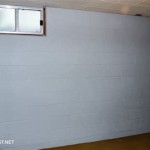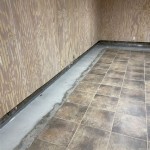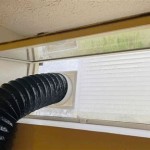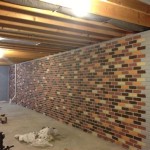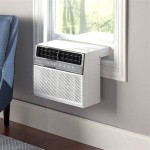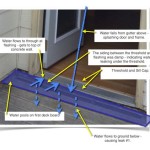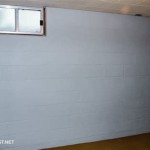Essential Aspects of Rubber Tile Flooring for Basements
Rubber tile flooring has become increasingly popular for basements due to its durability, comfort, and moisture resistance. If you're considering installing rubber tiles in your basement, it's essential to understand the key factors that contribute to their performance and longevity.
Material Quality and Composition
The quality of rubber used in the tiles is paramount. Look for tiles made from high-grade recycled rubber, which provides excellent durability and resilience. The composition of the rubber should also be considered, as different blends offer varying levels of comfort and sound absorption.
Surface Texture and Thickness
The surface texture of the tiles plays a role in traction and safety. Choose tiles with a textured or ribbed surface to enhance slip resistance, especially if your basement is prone to moisture. The thickness of the tiles determines their durability and comfort underfoot. Thicker tiles offer better sound absorption and are more resistant to wear and tear.
Interlocking System and Installation
Rubber tiles typically feature an interlocking system for ease of installation. The interlocking edges should fit securely together, creating a seamless surface. Proper installation is crucial for the overall performance of the flooring. Ensure that the tiles are installed on a flat and dry surface to prevent buckling or damage.
Moisture Resistance and Drainage
Moisture resistance is a key consideration for basement flooring. Rubber tiles are inherently waterproof, making them a suitable choice for areas prone to flooding or moisture infiltration. The tiles should also have a built-in drainage system to allow water to flow away from the surface, preventing mold and mildew growth.
Cushioning and Sound Absorption
Rubber tiles offer excellent cushioning and sound absorption, creating a comfortable and quiet environment in your basement. The density and thickness of the tiles influence their sound-dampening capabilities. Thicker, high-density tiles provide superior noise reduction, making them ideal for areas used as home theaters or exercise rooms.
Maintenance and Cleaning
Regular maintenance is essential for the longevity of your rubber tile flooring. Sweep or vacuum the tiles regularly to remove dirt and debris. Spills and stains can be easily cleaned with a damp mop and neutral cleaner. Avoid harsh chemicals or abrasive cleaners that can damage the surface of the tiles.
Durability and Warranty
The durability of rubber tile flooring varies depending on the quality of the materials and the thickness of the tiles. Look for tiles with extended warranties, which indicate the manufacturer's confidence in the product's performance. A longer warranty provides peace of mind and protects your investment.
By considering these essential aspects, you can make an informed decision about rubber tile flooring for your basement. The durability, comfort, and moisture resistance of rubber tiles make them an excellent choice for this often-overlooked space, transforming it into a more functional and enjoyable area of your home.

Interlocking Home Gym Rubber Floor Tiles Color 2x2 Ft X 8mm

The Best Basement Flooring Options Inc

Rubber Flooring For Basements Vs Foam And Plastic Tiles Best Options

Virgin Rubber Tile With Foam Interlocking Tiles Diy Floor

The Best Flooring Options For Your Basement From Forest Llc

Basement Flooring Buyer S Guide Rubberflooring4u

Rubber Basement Flooring Options Prices Home Pros

Rubber Flooring For Basements Vs Foam And Plastic Tiles Best Options

What Are The Best Flooring For Basement In Homes

Revolution Interlocking Flooring Tiles
Related Posts
